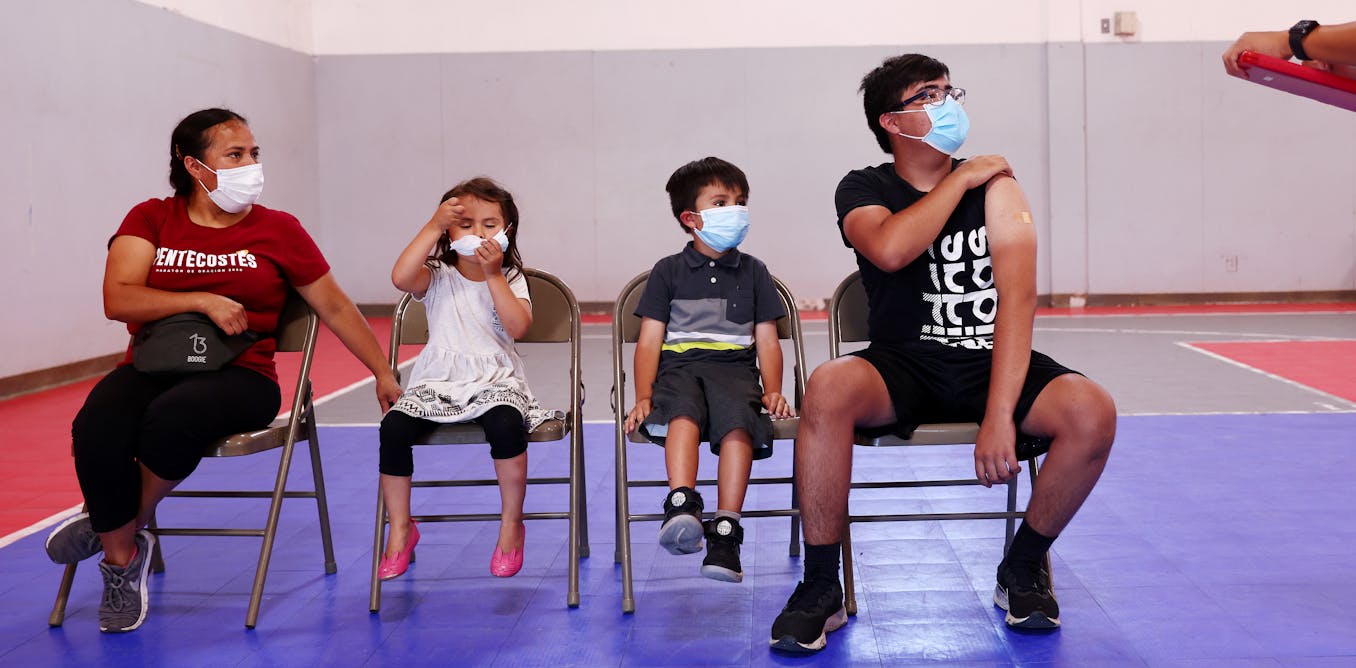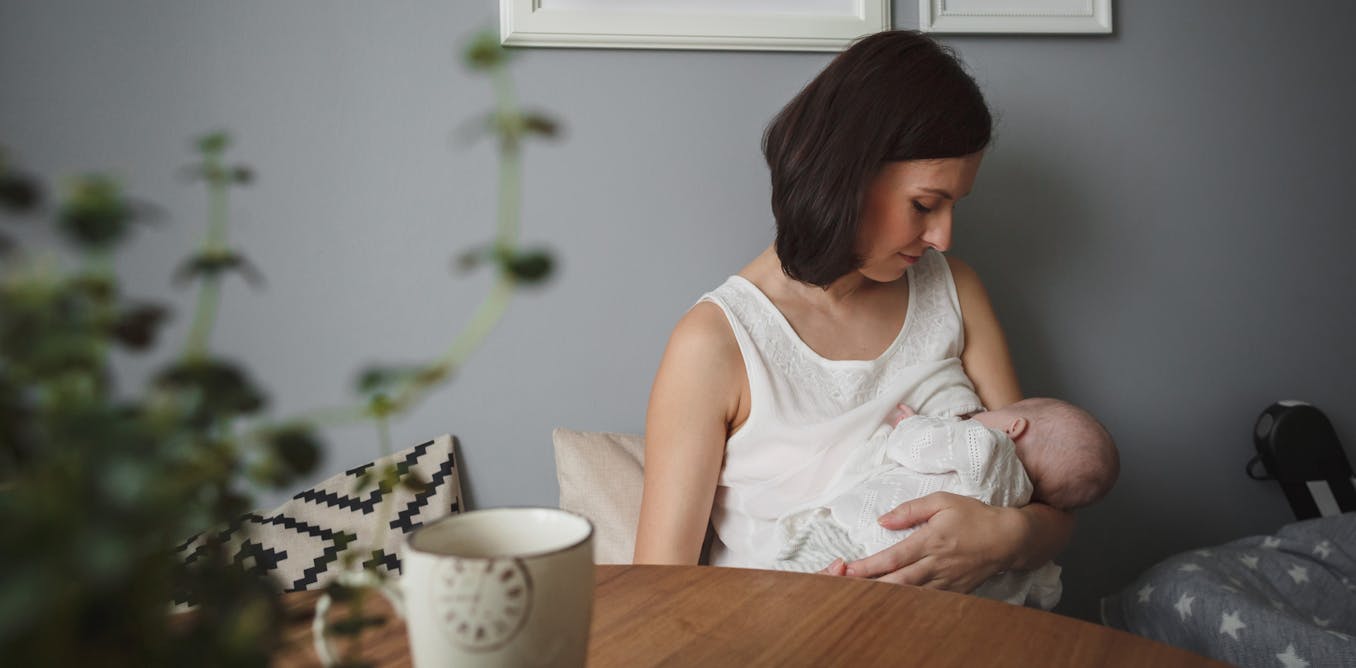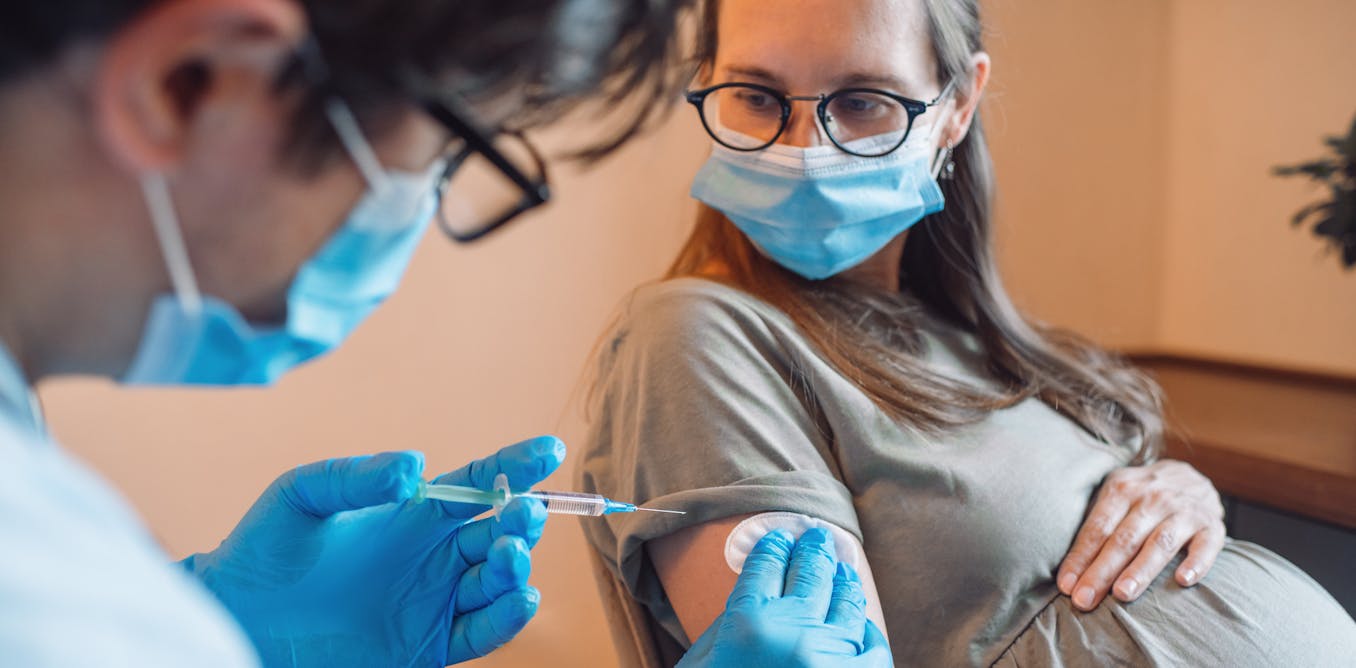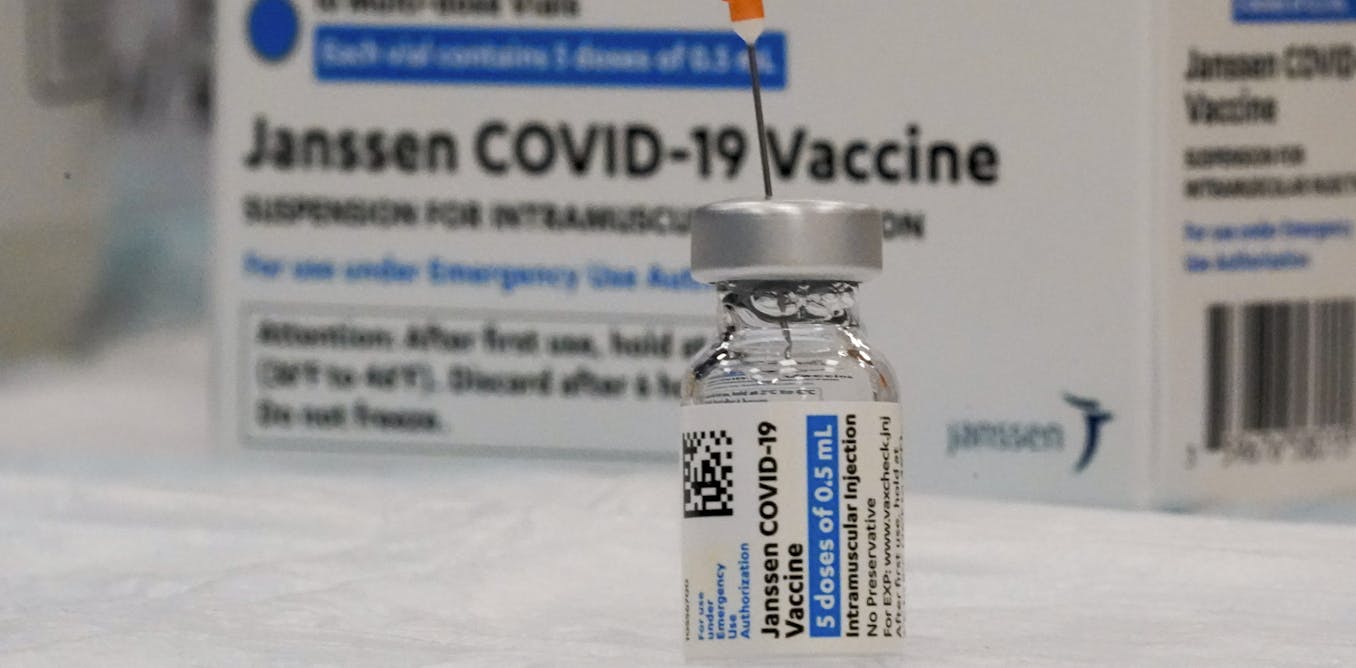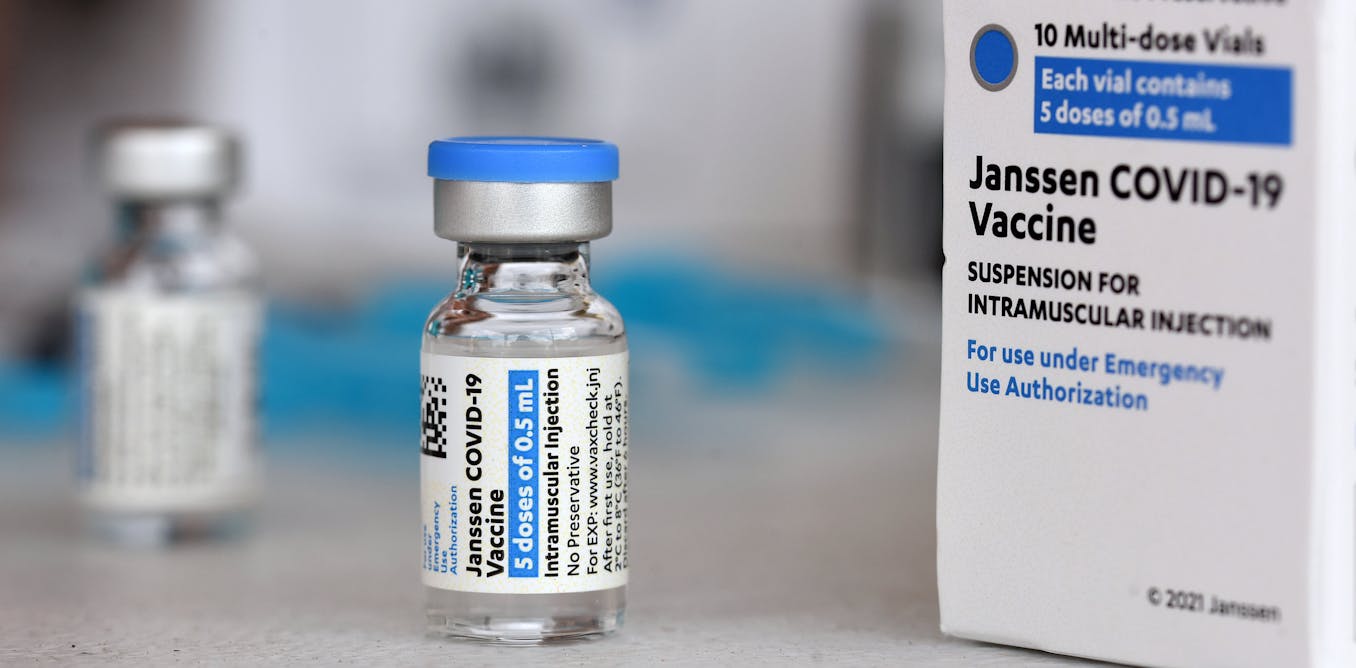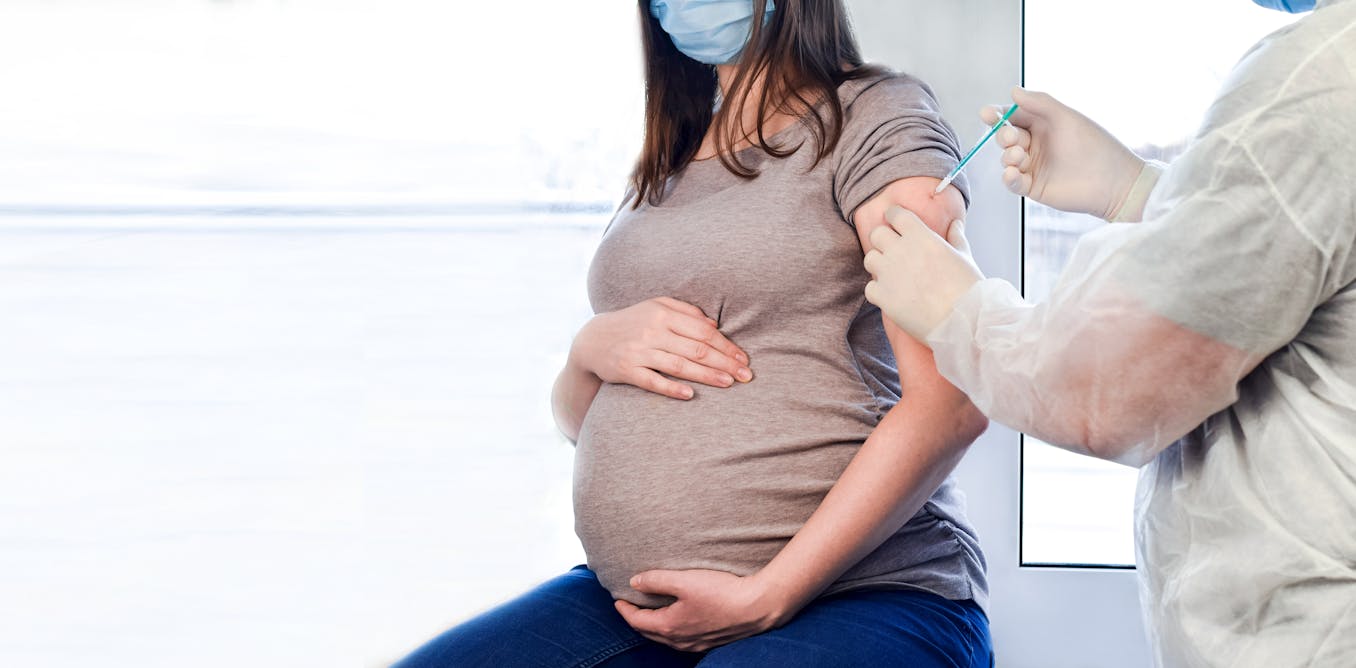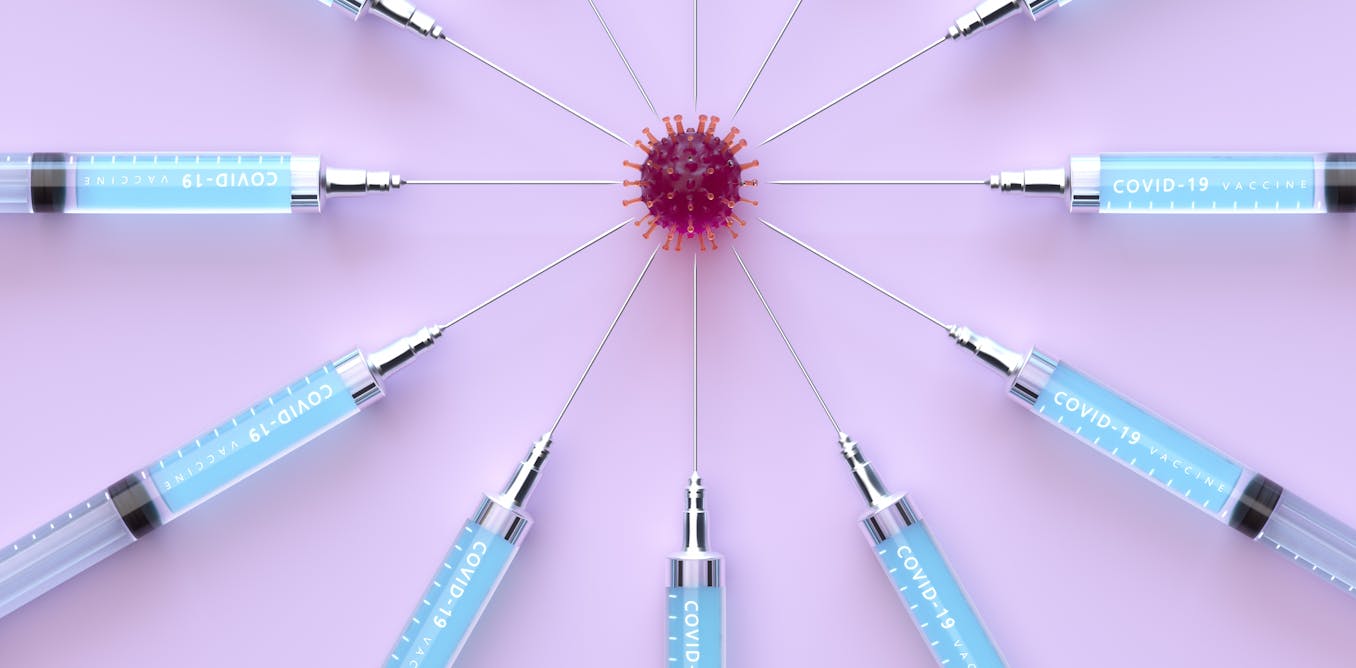Why vaccine doses differ for babies, kids, teens and adults – an immunologist explains how your immune system changes as you mature
First CDC signed off on a COVID-19 vaccine for adults, then teens. Now US children ages 5 to 11 are officially eligible for shots. Here’s the science on why each group needs to be considered separately.
Nov. 3, 2021 • ~7 min

